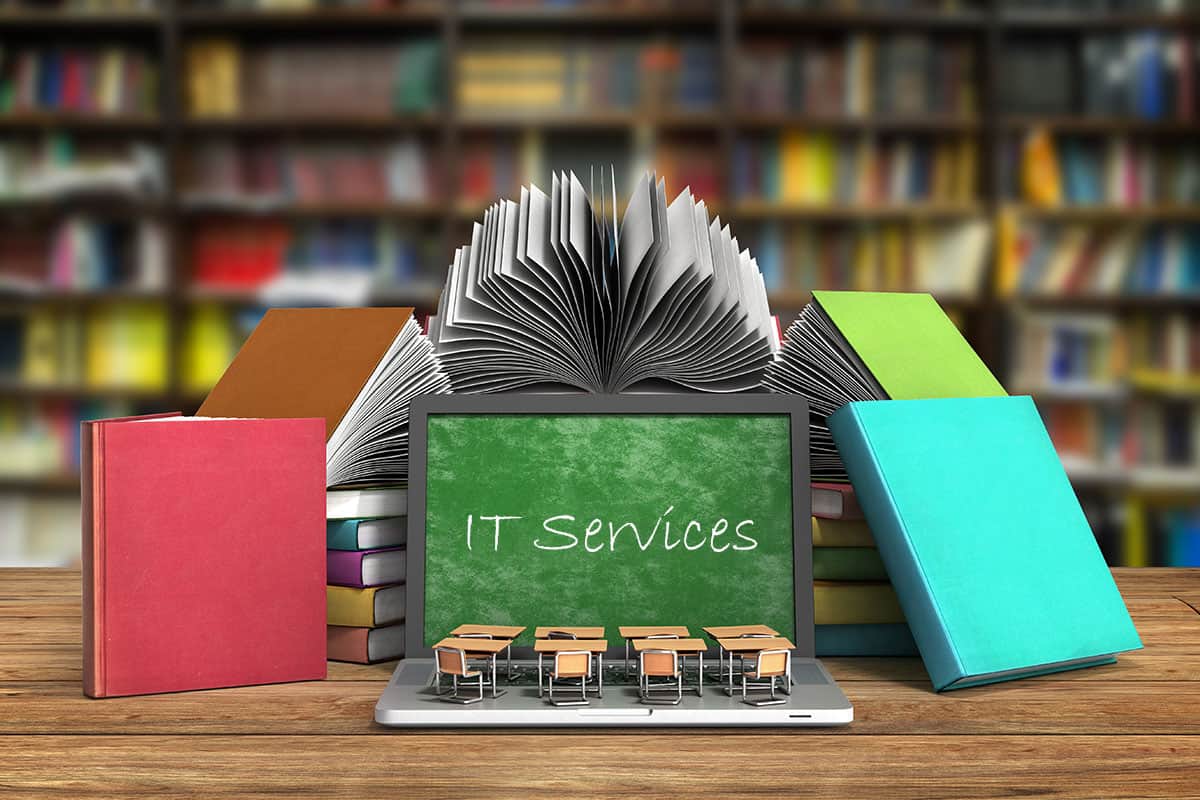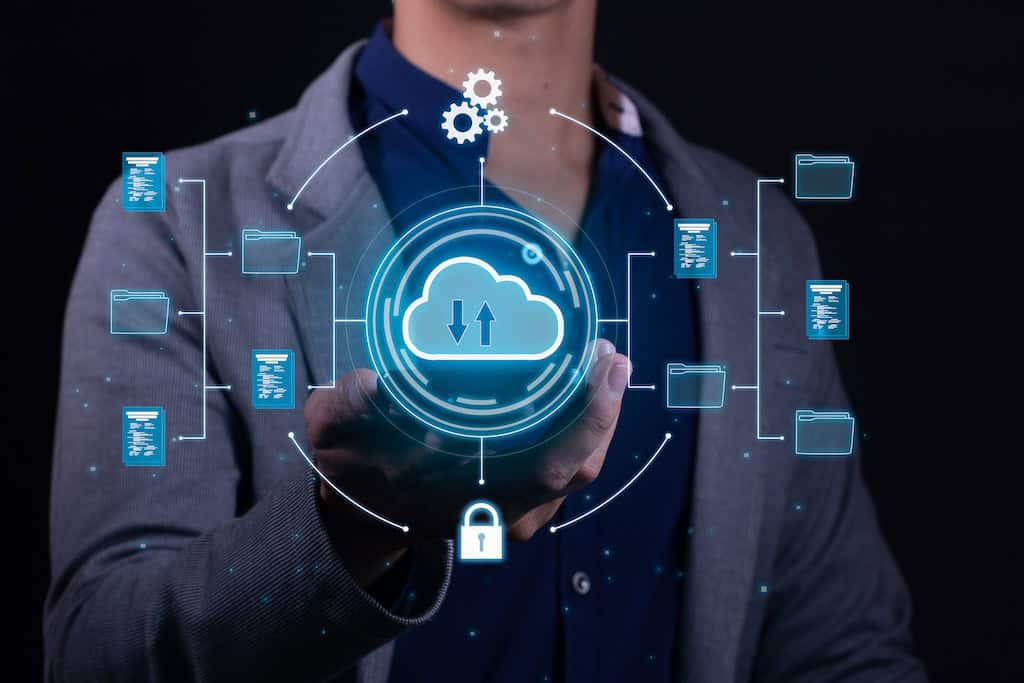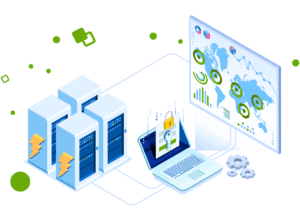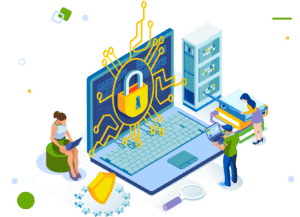Why Restaurants & Shops Can’t Afford to Ignore Reliable IT & POS Systems
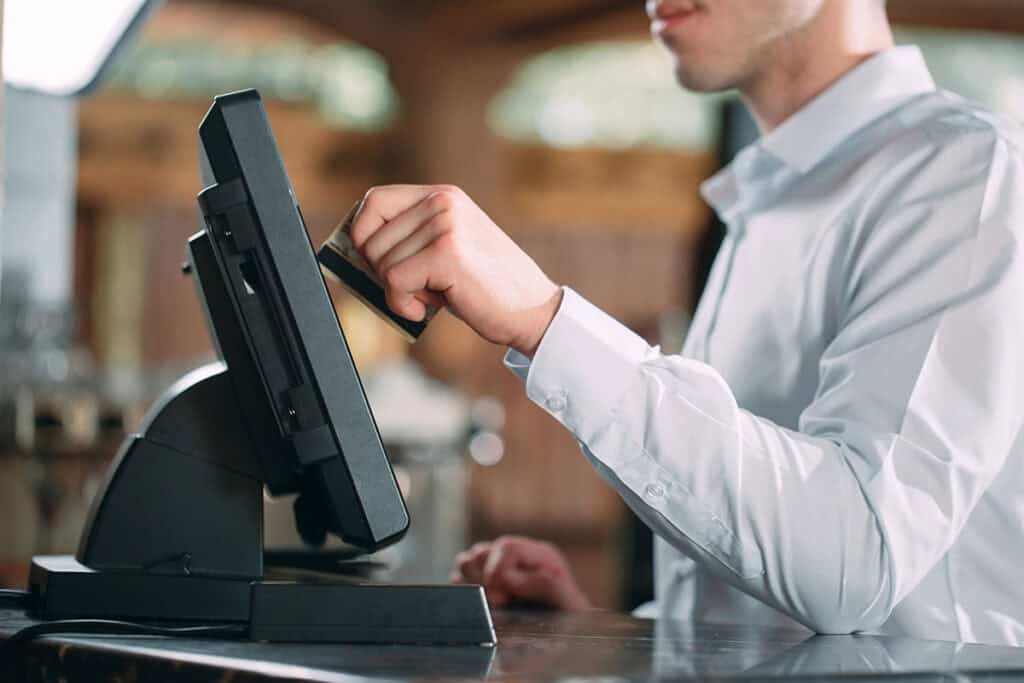
IT and POS systems are more than just tools for restaurants and shops; they’re a cornerstone of success. These technologies improve efficiency, simplify processes, and enhance customer satisfaction.
The importance of dependable IT support cannot be emphasized enough. It guarantees smooth system operations, reduces downtime through efficient problem-solving, and delivers prompt updates. An integrated POS system is vital for daily activities, facilitating fast transactions and precise order handling.
Below, we’ll explore several key areas:
- The necessity of reliable IT support for boosting business efficiency
- Strategies for implementing robust network security measures
- How effective POS systems streamline operations and improve service quality
- The significance of integrating online ordering and delivery solutions
- Techniques for efficient inventory management and data protection
Why IT Support is Essential
Reliable IT support improves the efficiency of restaurants and shops. It directly helps with:
Troubleshooting and Remote Support
Quick access to troubleshooting and remote support greatly reduces downtime. When a system fails, every minute matters. Remote support can fix many issues without needing on-site visits, so operations continue to run smoothly.
Software Maintenance and Updates
Regular software maintenance and updates are vital for keeping systems reliable. Outdated software can cause vulnerabilities and inefficiencies. By regularly updating systems, businesses lower the risk of failures and improve performance.
Having dependable IT support not only protects against technical disruptions but also creates an environment where employees can consistently provide excellent service.
Implementing Robust Network Security Measures
Cybersecurity for restaurants is paramount. Protecting sensitive customer information requires robust measures such as:
1. Firewalls
These act as barriers between your internal network and external threats. Firewalls monitor incoming and outgoing traffic, blocking unauthorized access.
2. Encryption
Data encryption transforms sensitive information into unreadable formats for anyone who doesn’t have the key, so even if data is intercepted, it remains protected.
Antivirus software also plays a critical role in safeguarding information. It acts as a frontline defense against malware and viruses, scanning for potential threats and eliminating them before they can compromise your systems. Some key functions include:
Real-time protection to detect and neutralize threats instantly
Regular updates to counteract new vulnerabilities
Securing both internal networks and guest Wi-Fi requires specific strategies:
- Separate Networks: Create distinct networks for staff operations and guest access. This isolation minimizes the risk of exposing sensitive business data to external users.
- Strong Password Policies: Implement complex passwords and change them regularly to deter unauthorized access.
- Regular Security Audits: Conduct audits to identify vulnerabilities in your network infrastructure.
Streamlining Operations with Effective POS Systems
POS systems are fundamental tools that streamline operations and enhance customer satisfaction. By integrating various functionalities into a single platform, these systems minimize the time spent on administrative tasks, allowing staff to focus on delivering exceptional service.
Features of Modern POS Systems
- Fraud Prevention: Advanced POS systems incorporate measures to detect and prevent fraudulent transactions, maintaining financial security for both customers and businesses.
- Labor Control: These systems enable effective labor management, allowing you to schedule staff efficiently based on peak hours. This control helps in optimizing labor costs while maintaining service quality.
- Allergen Tracking: With increasing dietary restrictions among consumers, modern POS systems offer allergen tracking capabilities. This feature keeps your team updated on information for customers, enhancing their dining experience and safety.
Integrating Online Ordering & Delivery Solutions for Seamless Service
Integrating online ordering platforms with POS systems enhances operational efficiency and boosts customer satisfaction. The benefits include:
1. Effective Inventory Management
Synchronization between online ordering and POS systems provides real-time updates on stock levels, minimizing the risk of overselling items. This integration ensures that businesses maintain accurate inventory records while fulfilling orders promptly.
2. Streamlined Delivery Processes
A cohesive system allows for quicker processing times, reducing wait periods for customers. Orders placed online can be directly sent to the kitchen or preparation area, improving workflow and order accuracy.
3. Enhanced Customer Engagement
An integrated platform facilitates personalized marketing efforts. Customers receive tailored recommendations based on their order history, encouraging repeat business. Loyalty programs linked with online orders foster a sense of connection and appreciation.
4. Increased Satisfaction
When customers experience seamless ordering and delivery, their overall satisfaction improves. Quick service and accurate orders lead to positive reviews and increased customer loyalty.
Investing in robust online ordering system integration not only elevates efficiency but also creates a more engaging experience for both staff and customers. As technology continues to evolve, adapting to these solutions becomes imperative for success in the competitive landscape of restaurants and shops.
Leveraging Technology for Efficient Inventory Management
Effective inventory management is crucial for restaurants aiming to optimize operations and reduce costs. Technology plays a vital role in this process through:
Real-time Tracking
This capability allows for immediate identification of low stock items, preventing shortages during peak service times.
Ingredient Usage Monitoring
Keeping tabs on ingredient usage helps in understanding consumption patterns. This knowledge enables you to adjust orders accordingly, minimizing waste and ensuring fresh ingredients.
Utilizing Predictive Analytics can significantly enhance your inventory strategies:
Future Inventory Needs
By analyzing historical data, predictive analytics forecasts future inventory requirements. This approach helps in making informed purchasing decisions, aligning orders with anticipated demand.
Cost Reduction
With accurate predictions, you can avoid overstocking and reduce food waste. This leads to significant cost savings and improved profitability.
Investing in advanced inventory management systems integrated with your POS not only streamlines these processes but also enhances overall operational efficiency.
Data Protection with Cloud Backup Solutions
Cloud backup solutions are crucial for protecting important data from being lost or damaged. Restaurants and shops create a lot of data every day, such as customer details, sales records, and inventory information. With a dependable cloud backup system, this data can be safely stored and easily recovered when needed.
Benefits of Cloud Backup:
- Data Redundancy: Cloud solutions keep multiple copies of your data in different places, minimizing the chances of losing all your data.
- Accessibility: You can access your cloud-stored data from any device with internet access, allowing for faster recovery during emergencies.
- Automatic Backups: Many cloud services offer automated backup schedules, so your data is consistently protected without manual intervention.
Implementing effective data recovery strategies is equally important for maintaining business continuity. Consider the following best practices:
- Regular Testing: Regularly test your backup restoration process to see if it functions correctly and meets your recovery time objectives.
- Version Control: Keep multiple versions of critical files to protect against accidental deletions or corruption.
- Documentation: Maintain clear documentation of your backup and recovery processes to streamline efforts during a crisis.
Enhancing Customer Engagement through Technology Integration
Integrated technology plays a role in improving customer engagement. The use of Customer Relationship Management (CRM) systems enables businesses to execute targeted marketing campaigns effectively. These systems compile customer data, allowing you to understand preferences and tailor communications accordingly.
Strategies for customer engagement include:
- Personalized Marketing: CRM systems provide insights into customer behavior, enabling personalized offers that resonate with individual preferences.
- Loyalty Programs: Utilizing platforms like Paytronix can increase order frequency. Loyalty programs encourage repeat business by rewarding customers for their patronage. Reports show that such programs can increase order frequency by as much as 18%.
- Omnichannel Messaging: Communicate with customers across multiple channels through integrated messaging capabilities. This fosters stronger relationships and keeps your brand top-of-mind.
Integrating loyalty programs with your POS systems creates a seamless experience for customers. Real-time data on purchase behavior informs marketing efforts, so you can reach customers when they’re most likely to engage.
Analyzing Business Performance with Comprehensive Reporting Tools
Understanding how well your business is doing is really important in the competitive world of restaurants. Reporting tools can give you valuable information about:
Sales Trends
Find out which menu items are popular and which ones aren’t selling as much. With this knowledge, you can make changes to your menu and marketing strategies.
Customer Preferences
Look at the data on customer orders to see if there are any patterns in what they like. By customizing your menu based on these insights, you can make your customers happier and more loyal.
Operational Efficiency Analytics
This analysis helps you identify any areas where things might be slowing down or where improvements can be made. By doing so, you ensure that you’re using your resources effectively. Here are some key benefits of operational efficiency analytics:
1. Informed Decision Making
When you make decisions based on data instead of guesswork, you’re more likely to get better results. By looking at operational metrics like how productive your staff is or how quickly you’re using up your inventory, you can find ways to make your operations run smoother.
2. Cost Management
Knowing how much money you’re spending on different parts of your business helps you create better budgets and control costs.
Implementing comprehensive reporting tools helps create an environment of openness and responsibility within your team. This integration encourages a proactive approach to managing performance, enabling restaurants and shops to quickly adapt to changing market demands while driving growth.
Embracing IT & POS Systems for Future Success
The world of restaurant technology is always changing. It’s important to stay informed about upcoming trends in restaurant technology to succeed. Here are a few areas to consider:
- Consumer Expectations: Customers now expect smooth experiences and personalized services more than ever.
- Technological Advancements: New technologies like AI, machine learning, and advanced analytics are transforming how businesses operate.
Having dependable IT and POS systems is extremely important. These systems boost efficiency, enhance customer interactions, and simplify operations.
Investing in state-of-the-art technology gives restaurants the flexibility to quickly adapt to changes in the market. By prioritizing reliable systems, businesses can foster growth and sustainability in an industry that is constantly evolving.
Frequently Asked Questions About IT Systems
What is the importance of IT and POS systems in restaurants and shops?
IT and POS systems are critical in enhancing operational efficiency and customer satisfaction in restaurants and shops. They streamline processes, manage transactions, and improve communication between staff and customers.
How does reliable IT support benefit restaurant operations?
Reliable IT support boosts business efficiency by minimizing downtime through effective troubleshooting and remote assistance. It also reassures that software is regularly maintained and updated, which is integral for system reliability.
What measures can be taken to maintain network security in a restaurant?
To secure networks, restaurants should implement firewalls, encryption, and antivirus software to protect sensitive customer information. Strategies should also include securing both internal networks and guest Wi-Fi to prevent unauthorized access.
What features should a modern POS system have?
A modern POS system should include features such as fraud prevention, labor control, allergen tracking, and integration capabilities with online ordering platforms to enhance operations and improve customer satisfaction.
How can technology improve inventory management in restaurants?
Technology improves inventory management through real-time tracking of stock levels and ingredient usage. Utilizing predictive analytics helps businesses manage future inventory needs effectively, reducing waste and costs.
Why is cloud backup important for data security in restaurants?
Cloud backup solutions are vital for safeguarding critical data against loss or corruption. Implementing data recovery strategies so businesses can quickly recover from data-related incidents, maintaining continuity in operations.


